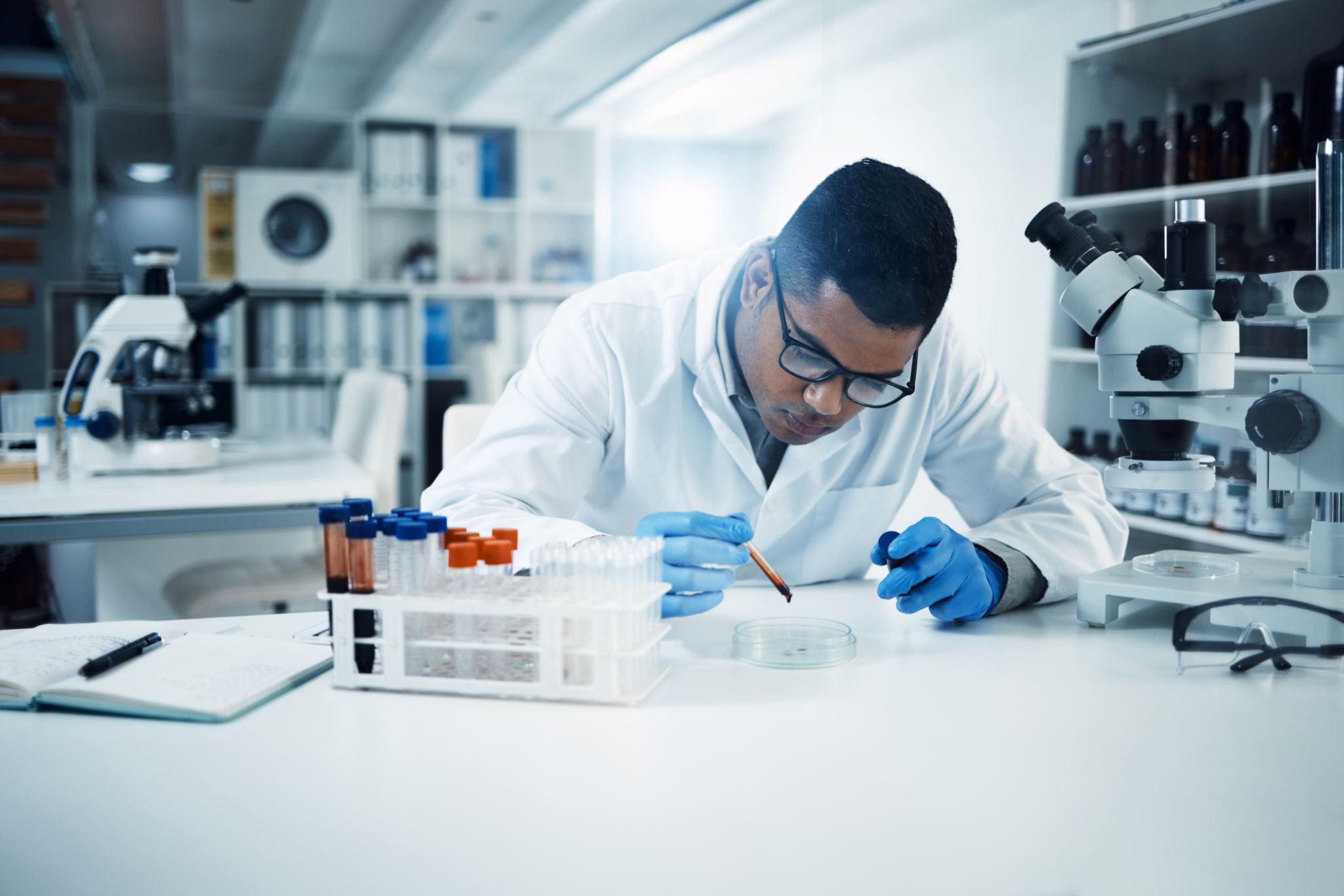Exploring AI-Powered Drug Discovery: The Future of Pharmaceuticals
Introduction to AI in Drug Discovery
Artificial Intelligence (AI) is rapidly transforming numerous industries, and the pharmaceutical sector is no exception. With the capability to analyze vast amounts of data quickly and accurately, AI is revolutionizing the way new drugs are discovered and developed. This cutting-edge approach not only accelerates the drug discovery process but also enhances the precision and effectiveness of new treatments.

The Traditional Drug Discovery Process
Traditionally, drug discovery has been a time-consuming and costly endeavor. The process often takes up to 15 years and costs billions of dollars, involving multiple stages from initial research to final approval. Researchers must sift through thousands of potential compounds to identify viable candidates, a task that requires significant resources and expertise.
Moreover, the probability of success is relatively low, with only a small fraction of compounds making it through clinical trials. This inefficiency has long been a challenge for the pharmaceutical industry, prompting the search for more innovative solutions.
How AI is Changing the Game
AI-powered drug discovery offers a groundbreaking solution to these challenges. By leveraging machine learning algorithms and computational models, AI can rapidly analyze data from various sources, such as scientific literature, clinical records, and genomic data. This allows researchers to identify promising drug candidates more efficiently.

One of the key advantages of AI is its ability to predict how different compounds will interact with biological targets. This predictive capability significantly reduces the need for costly and time-consuming physical testing. As a result, researchers can focus their efforts on the most promising candidates, streamlining the development process.
Applications of AI in Drug Discovery
- Target Identification: AI algorithms can identify potential targets for new drugs by analyzing complex biological data.
- Lead Compound Identification: Machine learning can screen millions of compounds quickly to find those with the highest potential for success.
- Drug Repurposing: AI can identify existing drugs that may be effective for new therapeutic uses, reducing development time.

Challenges and Considerations
Despite its promise, AI-powered drug discovery is not without challenges. Ensuring data quality and managing large datasets remain significant hurdles. Additionally, integrating AI tools into existing research frameworks requires substantial investment and collaboration between technology experts and pharmaceutical professionals.
Moreover, regulatory bodies need to adapt to new technologies to ensure that AI-driven discoveries meet safety and efficacy standards. These challenges must be addressed to fully realize the potential benefits of AI in pharmaceuticals.
The Future Outlook
The future of pharmaceuticals looks promising with the integration of AI into drug discovery processes. As technology continues to advance, we can expect further improvements in efficiency, accuracy, and cost-effectiveness. This transformative potential could lead to more personalized medicine, quicker responses to emerging health threats, and an overall improvement in global healthcare outcomes.
The collaboration between AI technology developers and pharmaceutical companies will be crucial in driving these advancements. By harnessing the power of AI, we can usher in a new era of innovation in drug discovery that promises to enhance human health and well-being worldwide.
